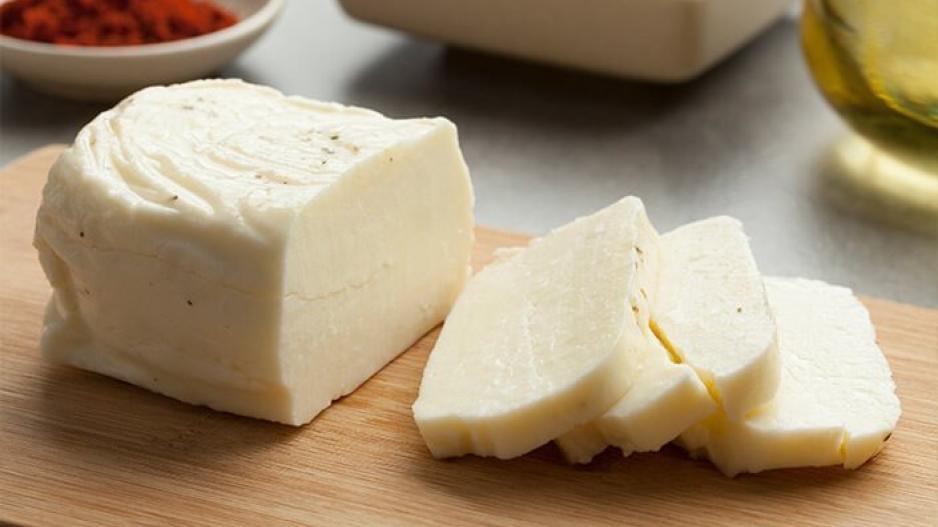Cattle Farmers Introduce Method to Identify Origin of Milk Used to Produce Halloumi
The purpose of this method is to detect the use of any milk powder or milk originating outside Cyprus while making halloumi.
The Pancyprian Organisation of Cattle Farmers (POCF) developed an accredited method to identify whether Cypriot milk has been used in halloumi production, in collaboration with a private laboratory in the UK. Halloumi is the traditional cheese of Cyprus, certified as Protected Designation of Origin (PDO). The purpose of this method is to detect the use of any milk powder or milk originating outside Cyprus while making halloumi. The method was presented at a press conference on Thursday morning in Nicosia.
The Minister of Agriculture, Rural Development and Environment, Maria Panayiotou, who attended the presentation, said that for the Ministry, all those involved in halloumi production are deemed to be important partners. She noted that the Ministry's main objective is to maintain halloumi as the main export product of Cyprus and to maintain the PDO certification which gives momentum to exports. She said any method towards achieving this objective is welcome and will be evaluated by the relevant authorities of her Ministry.
POCF's quality director, Nasia Alexandrou, said that the use of milk powder in the production of halloumi, as well as the production of halloumi with milk of non-Cypriot origin, has been straining the industry for years. "For dairy farmers, the ability to identify the origin of milk in halloumi production and thus protect Cypriot milk is a matter of survival", she said.
That is why, she added, the POCF collaborated with Nordex Food Group (Futura) and Food Forensics to develop this method, with the aim of identifying the profile of Cypriot milk and confirming its origin, in order to protect Cypriot producers.
At the press conference, Mark Hughes, Technical Services Director of the Food Forensics Laboratory presented the method. He noted that the method is based on stable isotope ratio analysis, which indicate the origin and method of production, as they leave an environmental footprint.
Referring to the procedure followed, he said that they travelled to Cyprus themselves and collected milk samples from cow farms, sheep and goat farms from various regions of Cyprus, as well as samples of halloumi circulating in the market and "grilled cheese" that without PDO certification. They also collected milk samples from different regions of Europe and the world, where non-certified halloumi can be detected, and sample of milk powder used in the production of non-certified halloumi, in order to identify differences and to examine whether a unique Cypriot profile for Cypriot milk can be established.
The successful implementation of the scientific test to confirm the origin of Cypriot milk led to the accreditation of the method with ISO17025, he said. "We can identify milk and halloumi of Cypriot origin. We can identify milk that does not come from Cyprus, we can identify milk from milk powder", he noted.
Alexandrou, on behalf of the POCF, said that the aim is to further develop the database, to collect information over time, so that every Cypriot farm can participate in the programme. "We encourage all farms that have not participated so far to express interest in future sampling and become part of the database that has been developed", she said, while asking government agencies to evaluate how this tool can be used.






